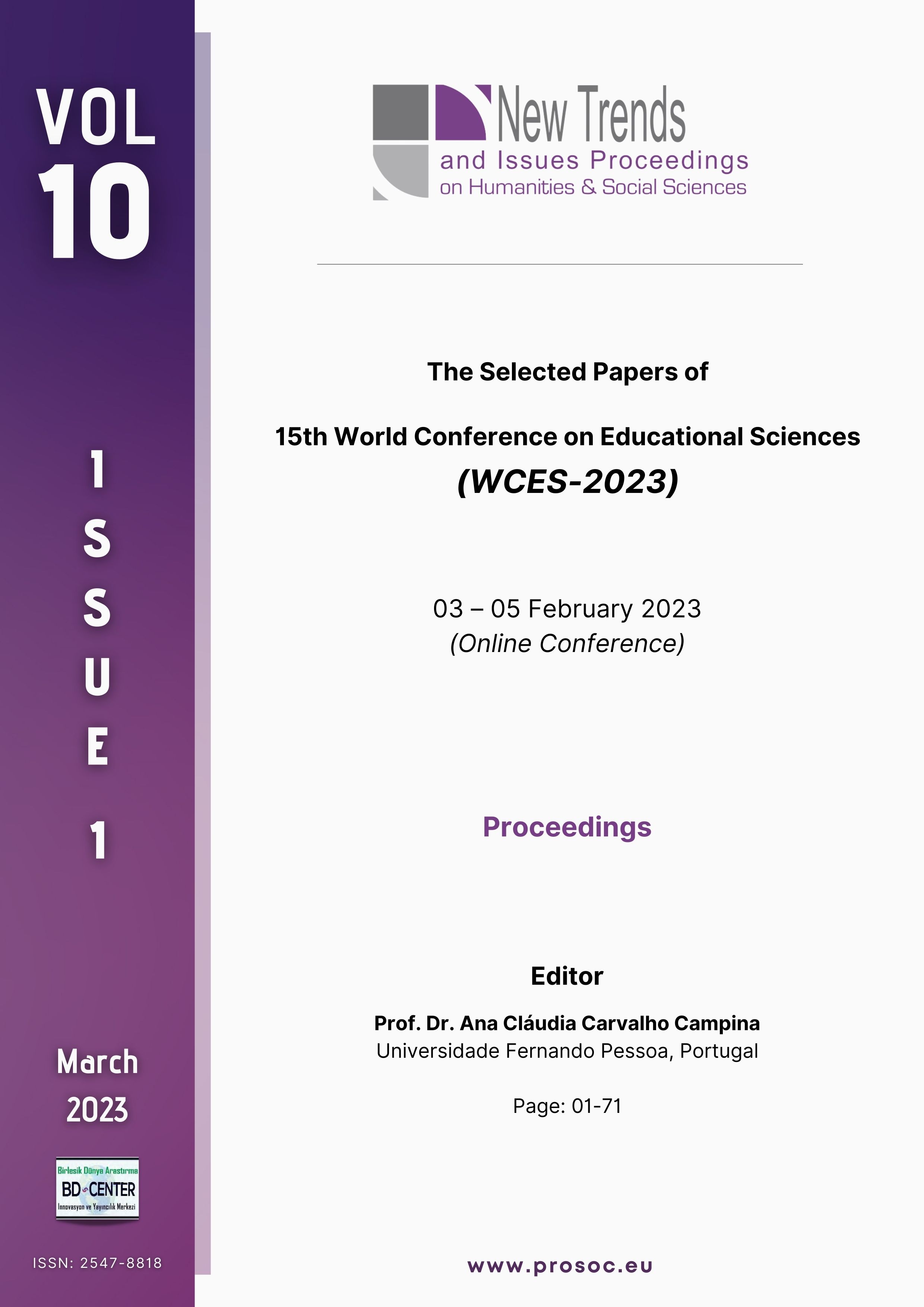The relationship between teachers’ emotional intelligence and reflective teaching: The case of EFL experienced teachers
Main Article Content
Abstract
This study aims at disclosing the relationship between emotional intelligence and the reflective teaching ability of experienced English teachers and the extent the level of emotional intelligence impacts reflective teaching. There were forty-one English teachers with at least 3 years of experience as participants instructing at three different language institutes, and four non-associate Professor of Applied Linguistics, from Dehkadeh-ye-Olympic, Tehran governmental schools in Karaj. Two types of questionnaires were used to collect data: An emotional Intelligence Questionnaire based on the five-competency model and a Reflective Teaching Questionnaire. The results obtained from Pearson correlation as well as models of multiple regression analysis showed that there were relationships between all five domains of emotional intelligence and the ability of reflective teaching. Also, it would be possible to predict teachers’ performance on the reflectivity questionnaire and their ability to reflective teaching by their results from the emotional intelligence questionnaire; accordingly, self-awareness and motivation were the most powerful predictors.
Keywords: EFL teachers; Emotional Intelligence (EQ/EI); reflective teaching; reflectivity.
Downloads
Article Details
- Authors retain copyright and grant the journal right of first publication with the work simultaneously licensed under a Creative Commons Attribution License that allows others to share the work with an acknowledgement of the work's authorship and initial publication in this journal.
- Authors are able to enter into separate, additional contractual arrangements for the non-exclusive distribution of the journal's published version of the work (e.g., post it to an institutional repository or publish it in a book), with an acknowledgement of its initial publication in this journal.
- Authors are permitted and encouraged to post their work online (e.g., in institutional repositories or on their website) prior to and during the submission process, as it can lead to productive exchanges, as well as earlier and greater citation of published work (See The Effect of Open Access).
